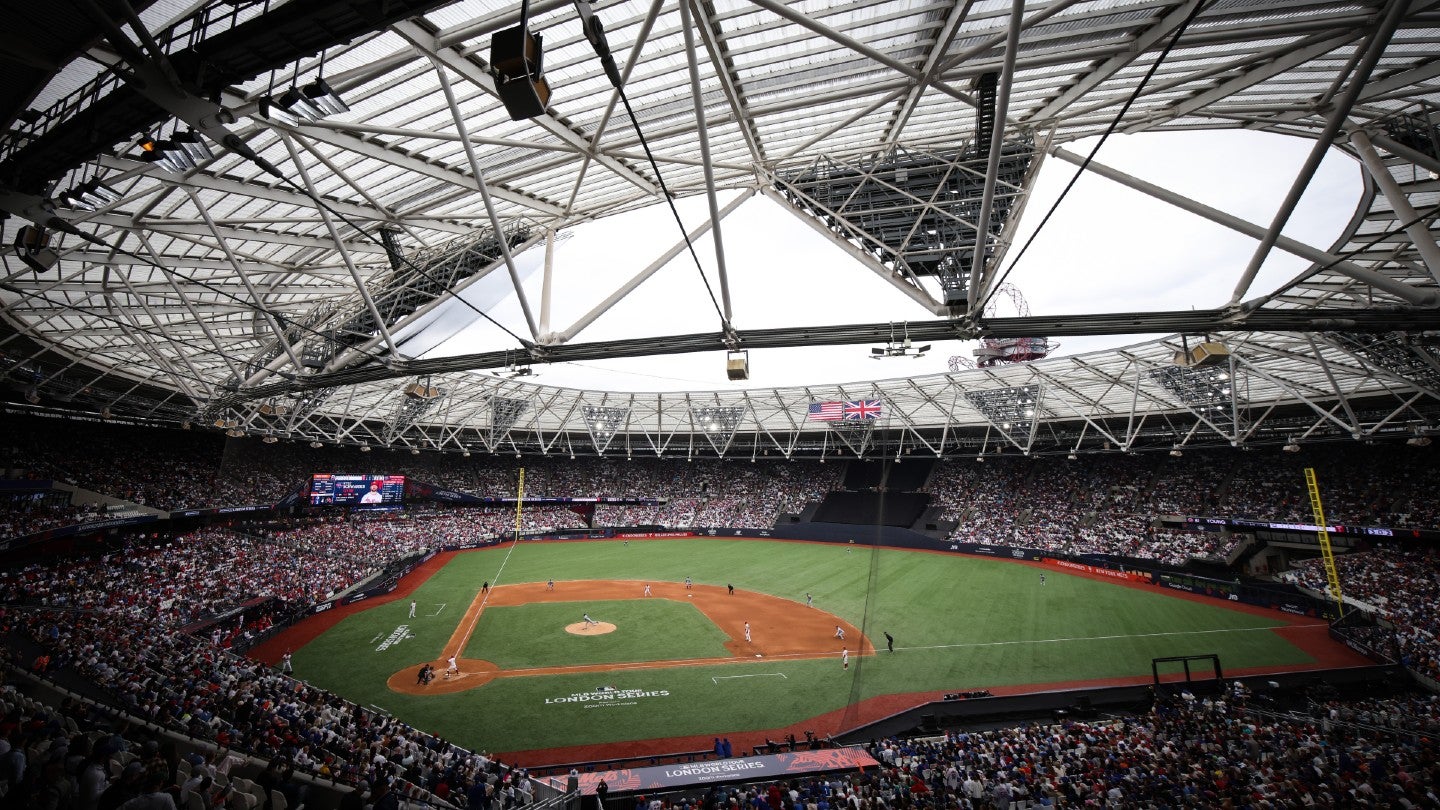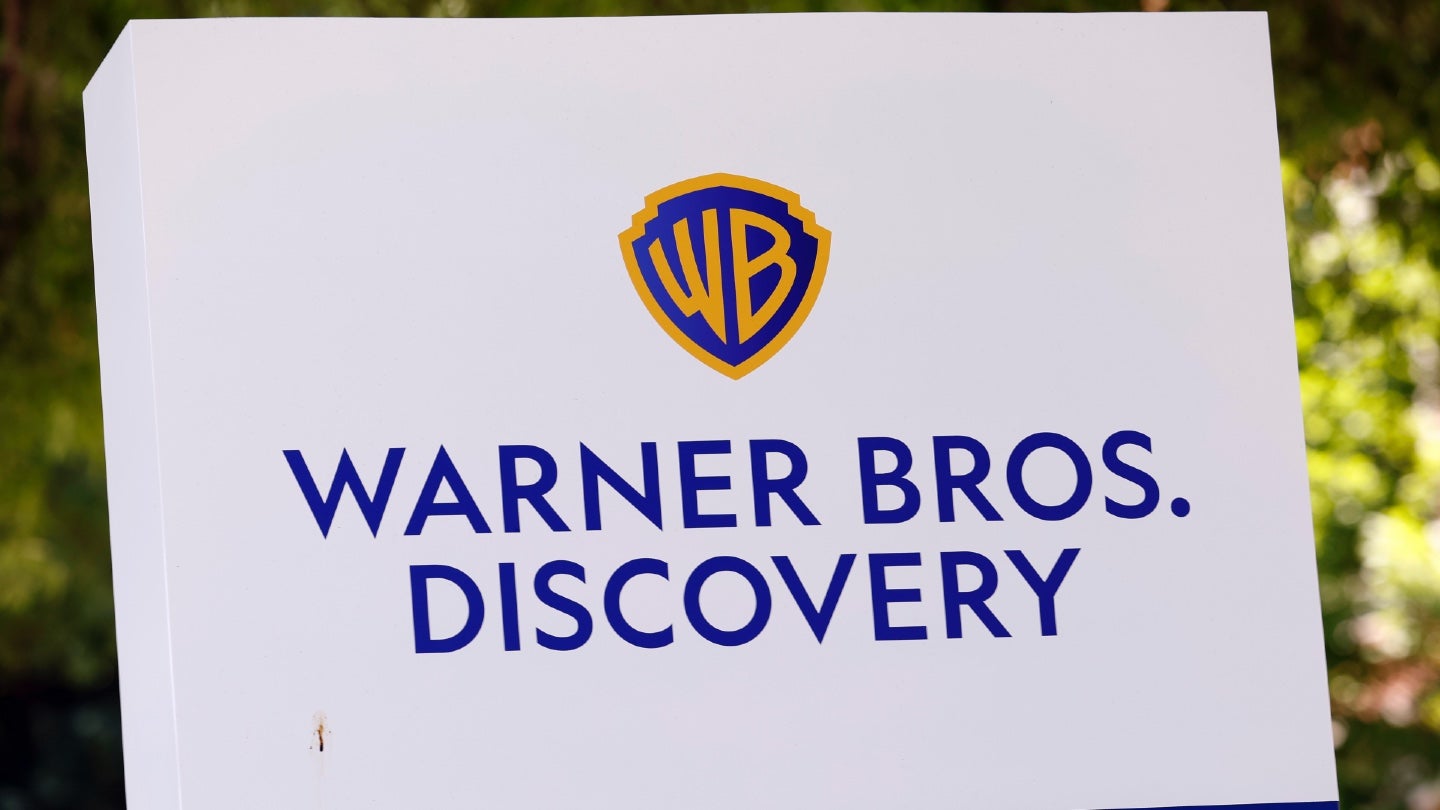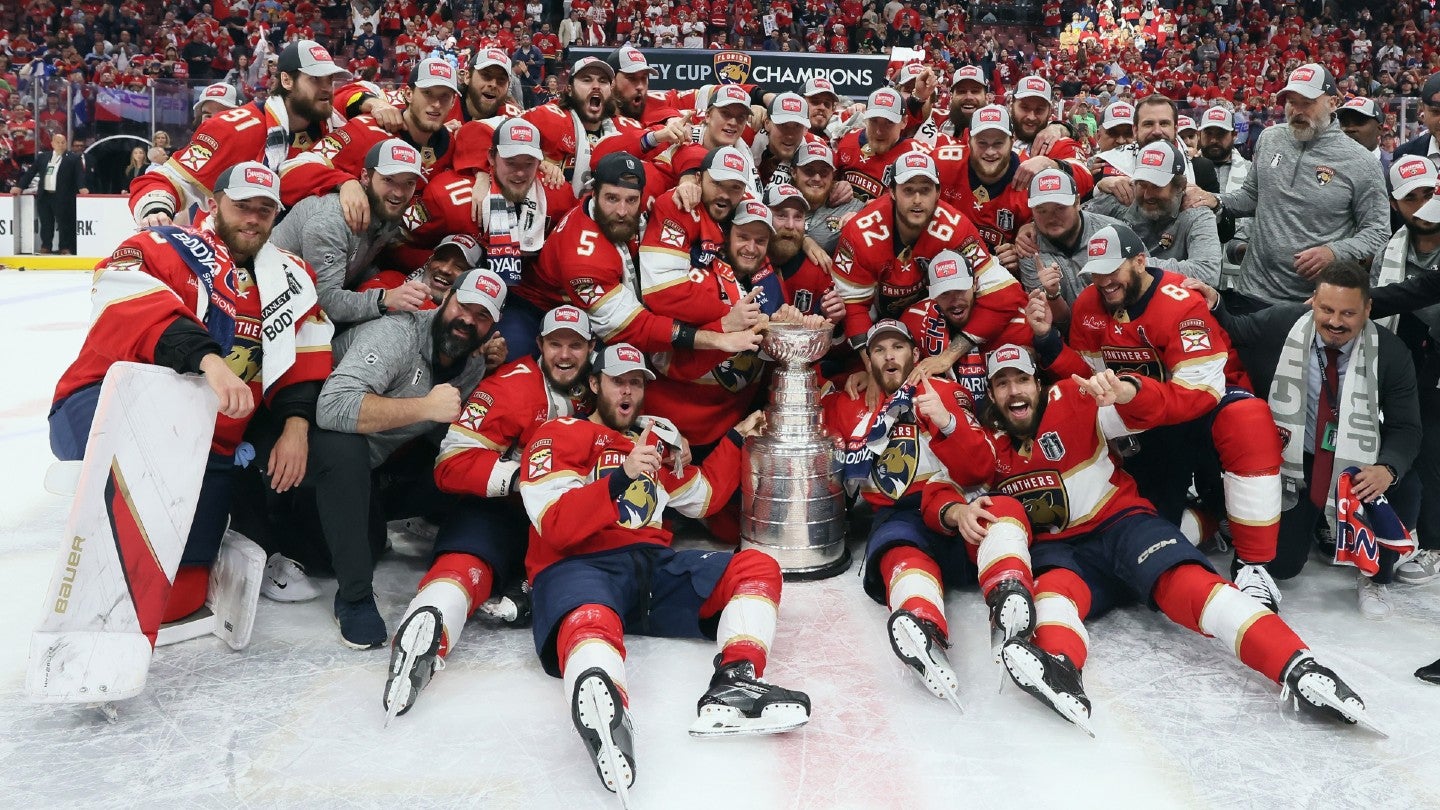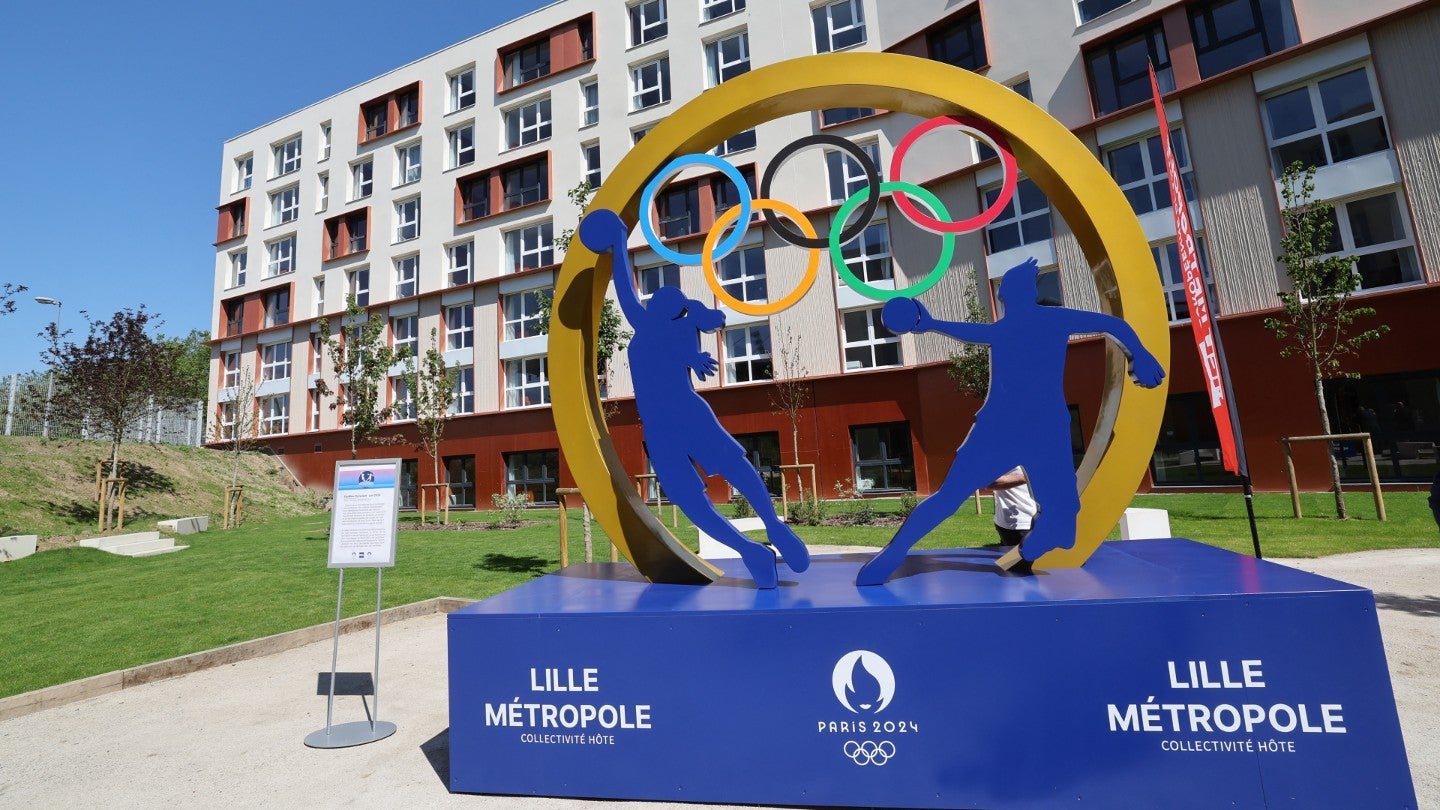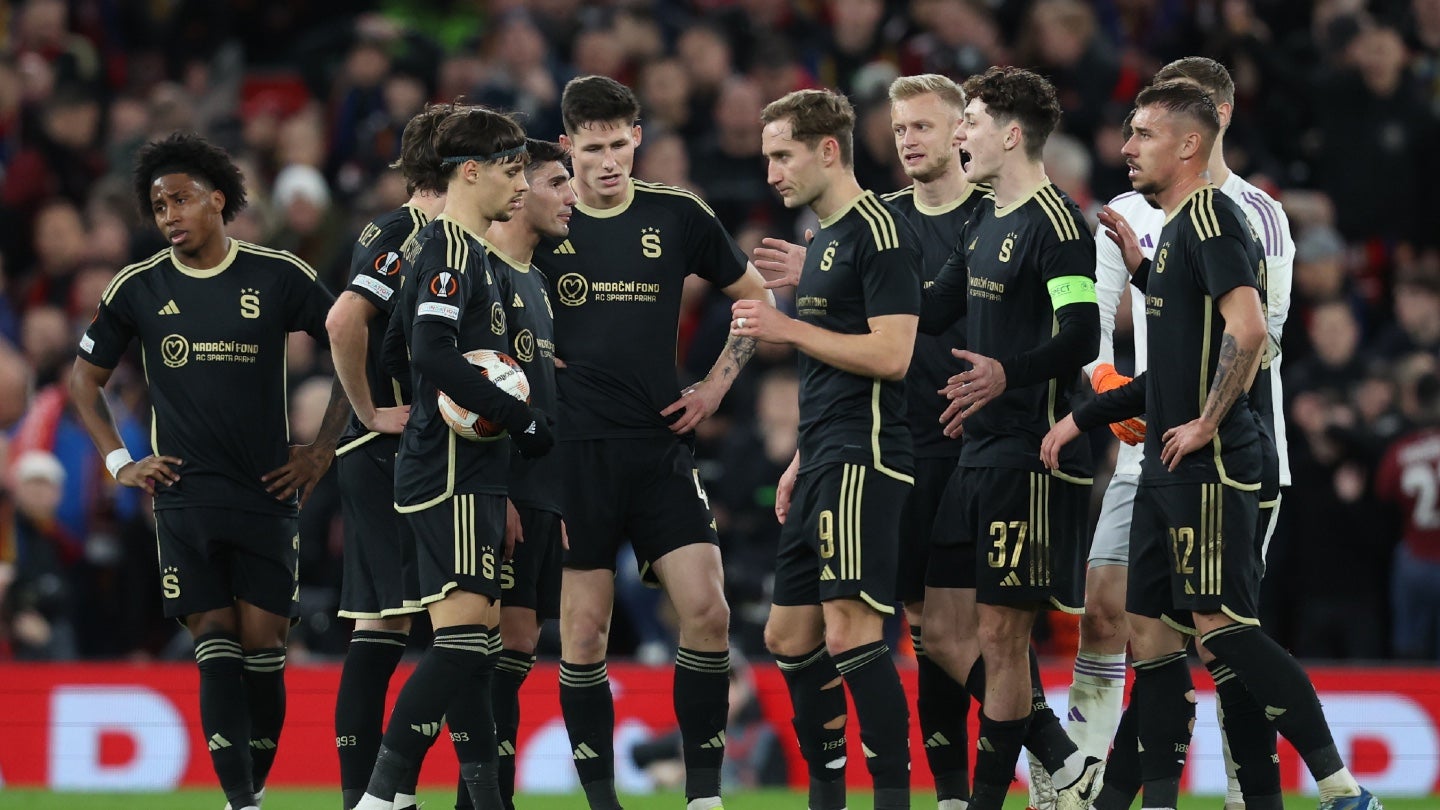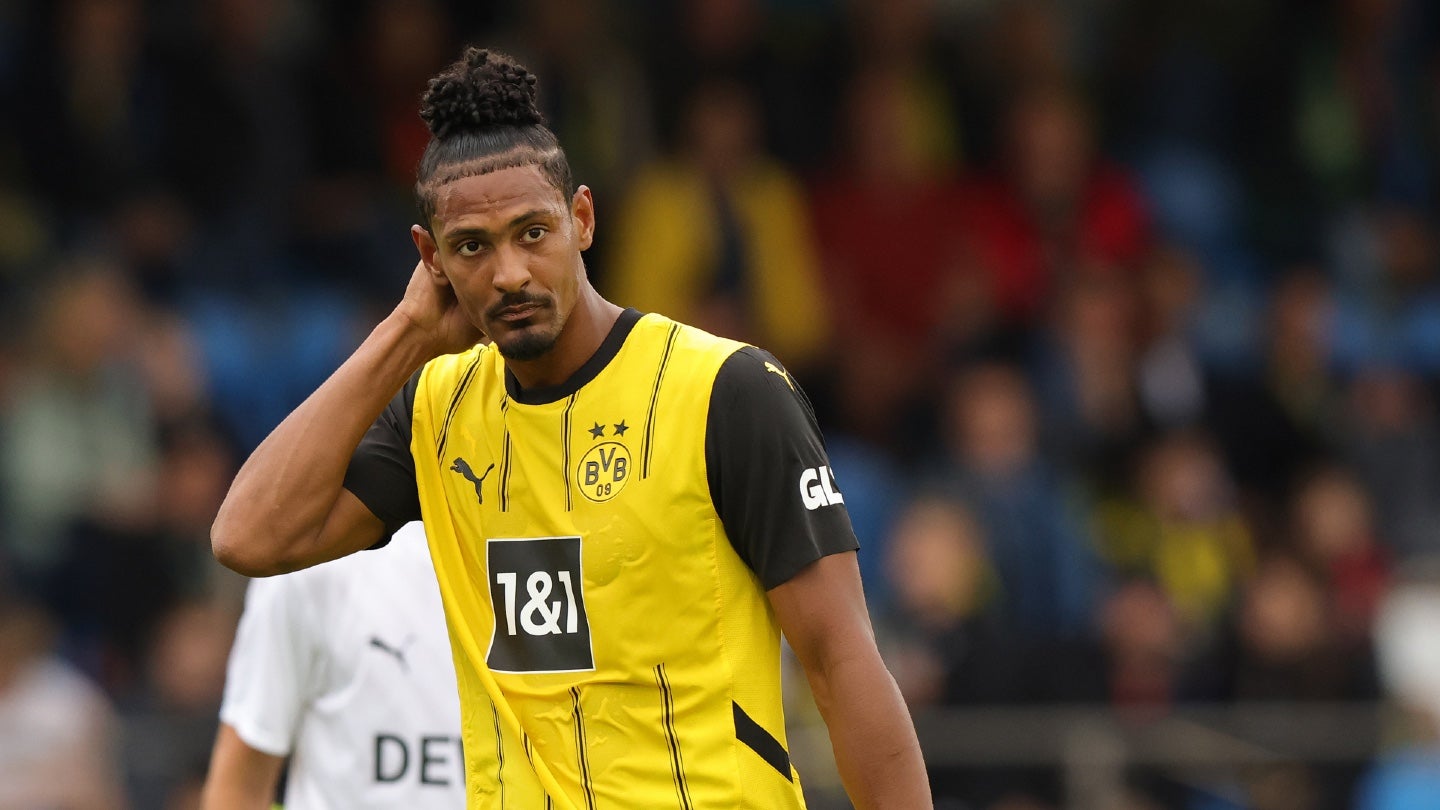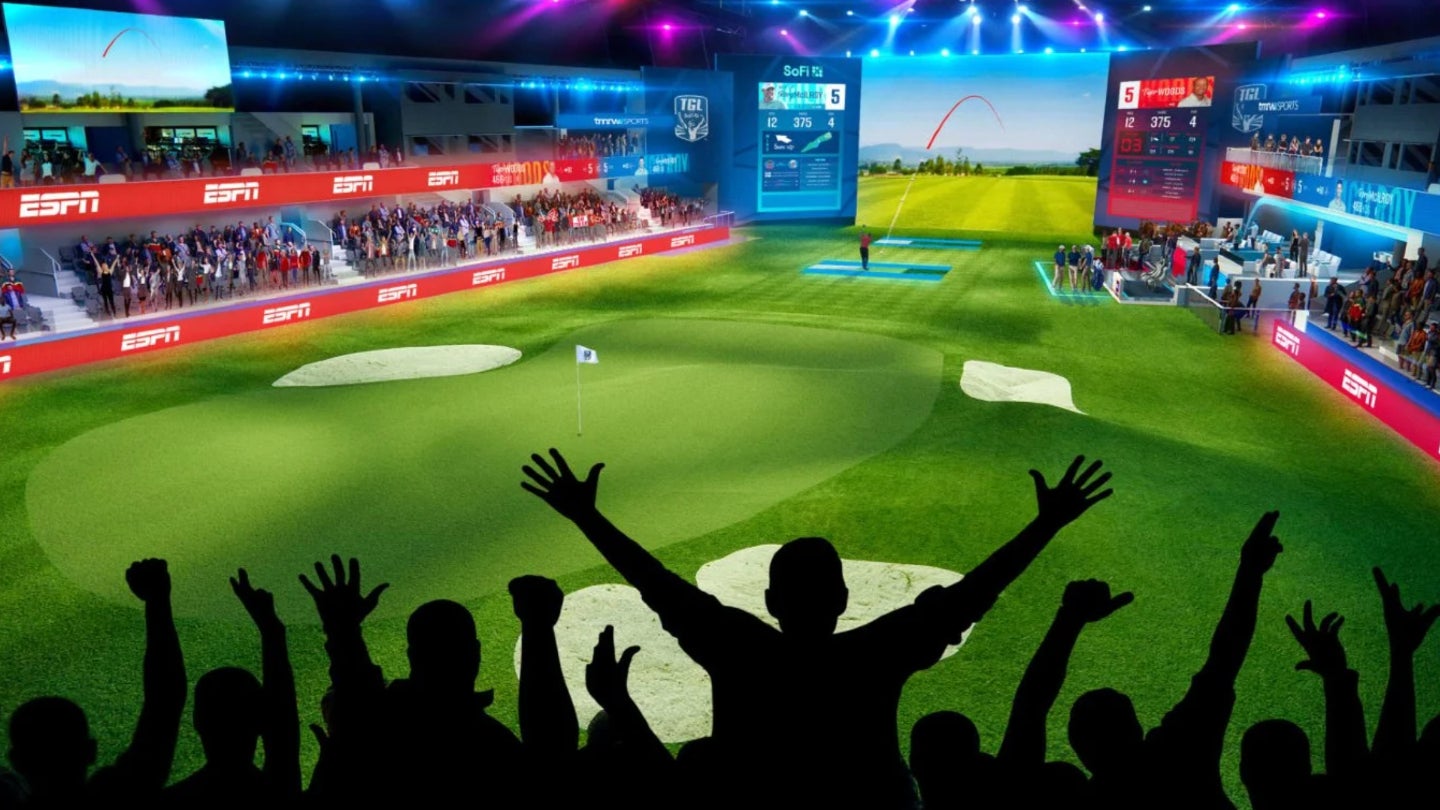Much like the rest of the US’ professional sporting major leagues, Major League Baseball (MLB) has ramped up its internationalization efforts in recent years amid the growing global interest and value of sports rights and the commercial uptick that entering new markets can bring.
The 30-team MLB has played games outside of the US and Canada as far back as 1996, when a trio of fixtures were staged at the Estadio de Béisbol Monterrey in Mexico, while ventures to Japan at four-year intervals (2000, 2004, 2008, 2012) punctuated the MLB’s early 21st-century internationalization strategy.
However, despite establishing a consistent, if sparse, physical presence in prominent markets with existing baseball fanbases in the early years of the 21st Century, the league’s ventures abroad only began to break new ground in 2014 when it kicked off the season in Sydney, Australia, and efforts only accelerated in earnest in 2018 when the international fixtures became an annual affair.
Since then, despite the three-season (2020-22) break from international fixtures due to Covid-19, MLB has hosted games in Japan (2019), Mexico (2018, 2019, 2023, 2024), South Korea (2024), and the UK (2019, 2023, 2024).
Of those nations, arguably only the UK does not have a strong native baseball fanbase, but that has not stopped the league from hosting six games across three visits to the London Stadium in the UK’s capital.
On June 8, 2024, MLB kicked off its third London Series with the New York Mets and the Philadelphia Phillies playing out a pair of exciting face-offs at the 62,500-capacity venue, ending the series one apiece before their return to the US.
MLB’s six London games to date have averaged over 56,000 fans apiece, a strong and, encouragingly, consistent figure for a US major league entering a new market without the existing media and cultural presence of the likes of American football’s NFL.
Ben Ladkin, the managing director of MLB Europe, speaking to Sportcal (GlobalData Sport) following this year's London Series, echoes this sentiment, saying: “We were incredibly pleased with how it went. The event was enjoyed by everyone in the stadium… All of the [commercial] numbers as they're coming in at the moment are […] on the right trajectory, going up.”
London Series 2024
Naturally, the perceived success of the London Series was aided by the numerous activations MLB undertook in and around London to drive awareness of the event and fan engagement.
Ladkin comments: “What we did a lot this year was lean into cultural partnerships to give some more eyeballs to the sport, to give that relevance [for the local market], and so that, along with our partnerships team, we can really lean into growing both partners on a global level, to show that we are reaching all of those audiences, but also on a more local level as well.”
With that in mind, the league collaborated with US actor and Phillies fan Rob McElhenny, co-owner of high-profile Welsh soccer club Wrexham, to aid with a months-long advertising campaign that included the Welcome to Wrexham TV documentary and culminated in the TV star throwing out the first pitch at one of the two games.
This helped to complement MLB’s usage of existing and former players as representatives of the product in media content in order to create a tangible link to baseball for fans of Welcome to Wrexham or McElhenny’s It’s Always Sunny in Philadelphia TV show.
“Being able to lean into those different audiences that are coming with the different properties that McElhenny has was incredibly useful,” says Ladkin, also noting collaborations and activations with UK TV shows Gladiators, and yearly charity showcases Comic Relief and Sport Relief, as those that have helped to drive interest.
“It's about having sort of multiple moments [of activations]. We're able to use these partnerships [to get] eyeballs from different audiences that we think could be possible fans of Major League Baseball going forward, but [these] also should hopefully provide that kind of that high-level exposure, that sort of potential brands and partners might be interested in getting involved with too.”
With the 2024 London Series, this sponsorship presence most prominently took the form of Zoom Workplace, the online meeting and video call platform’s workplace brand, which served as the presenting partner of the two games, a signifier of the value that MLB has for partners not just in the US but globally.
Ladkin explains that "Zoom Workplace was a fantastic partner for the [London] series and a part of MLB’s global partnerships. And I think the MLB London series is sort of part of that world tour, which does show that Major League Baseball is truly global and can give fan exposure to big, global brands.
“I think also what we're in the process of doing with this fan growth is being able to show what we're able to deliver to partners in the UK and Europe as well, and that's very much a process that's ongoing.”
Finding its market
Like everything, this must come hand in hand with MLB finding its market in the UK in a country that is no stranger to both bat and ball games (cricket), and entertainment-focused US sports crossovers (NFL). But, it is a line that MLB has to toe carefully in order to extract the best value from its endeavors in the country.
The MLB Europe managing director points out: “We never want to move away from the fact that this is elite sport. But what we do know is that the atmosphere and the entertainment all around the games is something that is crucial for those new fans and those new audiences.”
Positioning nascent sports entering new markets as entertainment-based events with serious sports pedigree is a common strategy for those looking in on the UK market, primarily due to the cultural hegemony of soccer, and to a lesser extent rugby and cricket.
Ladkin admits that while the soccer fan market is one that MLB would like to exploit, hence the Welcome to Wrexham activations, translating the experiential nature of US baseball, replete with singalongs, entertainment during innings breaks, and a more “family-friendly” atmosphere, adds an “extra layer” to the fan experience that MLB hopes will help cement baseball as a UK fixture.
Furthermore, the success of this year’s event, he says, was aided by the continuity of having editions in consecutive years following the long Covid-19-enforced layoff, hinting at even greater things for when the league returns to the UK next, in the 2026 season.
The cumulative growth from visiting the UK in consecutive years, while not as drastic as the major uplift between the 2019 and 2023 editions, is a sign that the MLB fanbase in the country is steady and solidifying.
The future of MLB in Europe
While MLB’s prospective visit to France in 2025 fell through due to logistical issues and a failure to secure a promoter in the country, the 2024 London Series will not be the end of MLB in Europe, says Ladkin, who confirms that the league has already been agreed for teams to come back to London in 2026.
Post 2026 the league will enter into a new, updated, collective bargaining agreement with the MLB Player Association labor union, the terms of which will define when and where the league next sends teams across the Atlantic.
MLB’s continued growth in Europe, however, is more than just a question of bringing two teams over every other year, says Ladkin, but rather helping to spur the organic growth of baseball on the continent.
That is why alongside the London Series, MLB was also producing content around the continent to help root the sport in emerging European hotbeds. The league filmed in Haarlem, the Netherlands, to shine a light on a baseball festival that took place in the area, and in Prague, Czech Republic, to celebrate Czech Baseball Week.
Ladkin says: “It's not just a question of bringing two teams over. We can't do that in all of the big cities and countries around Europe.
“What we want to do is think of ways in which we can grow the sport that aren't always just around bringing two teams across, but actually are organically building up the fans and the participants in baseball across Europe.”
That does not mean the league is resting on its laurels for future editions, with Ladkin adding: “We have internal metrics that we're looking to hit, and we review those after each series. A lot of that is around audience growth, partnership revenue, and all the other forms of monetization around the sport, we're very conscious of those.
“We're certainly of the idea that we're growing that fan base in order to monetize it going forward, that is the plan. And, from the numbers we're seeing so far, it's working.”


